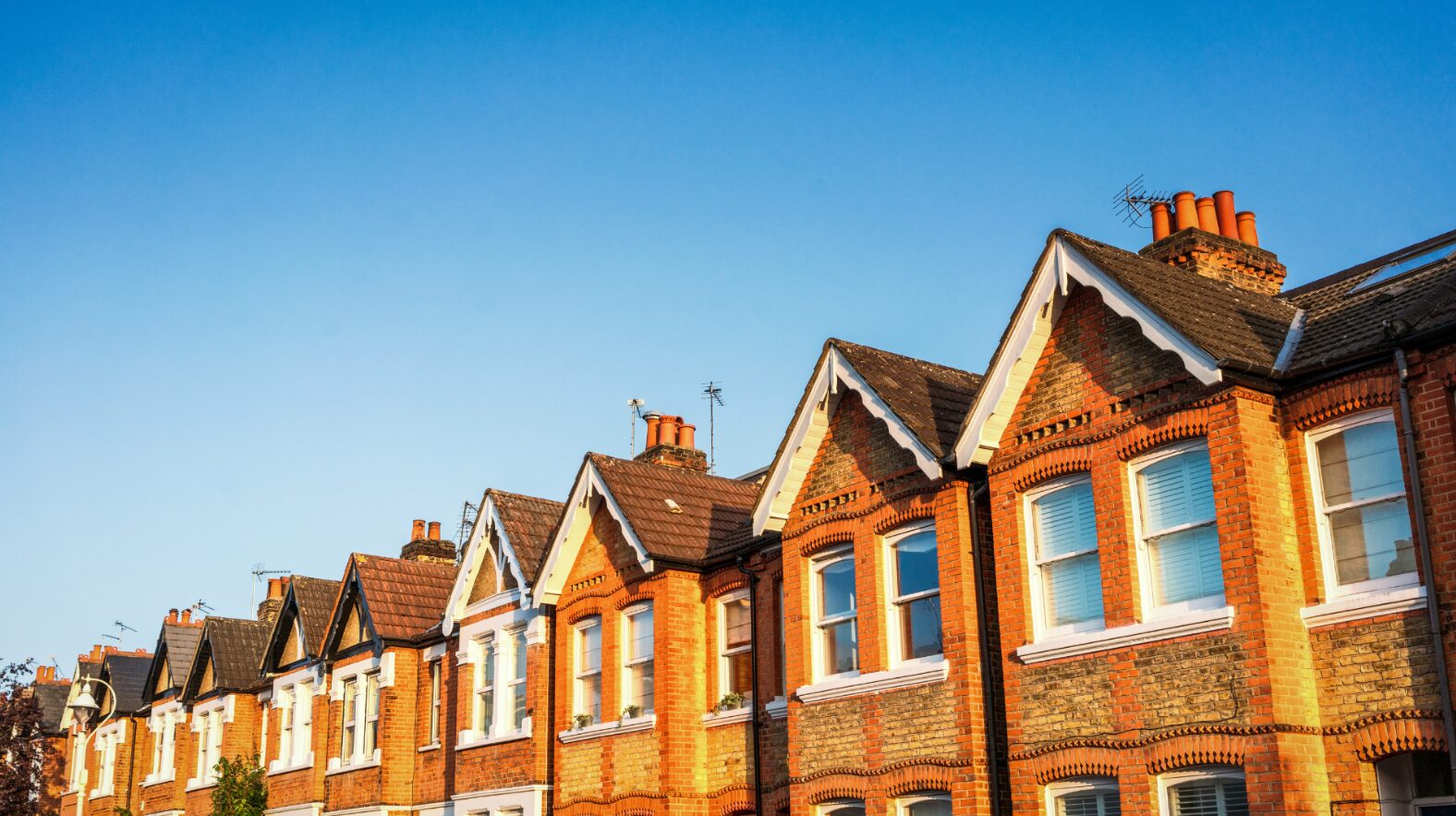If you are lucky enough to have a second home, ensuring both your properties are sufficiently insured is crucial. Although the process of insuring your primary and second home are very similar, there are a few differences between the two you’ll want to know.
English Housing Survey revealed that the number of second homes owned in England has jumped up 170,000 since 2010, meaning there are now around half a million second homes across the country.
We’ve put together this article to explore the similarities and differences between primary home and secondary home insurance.

How your second home insurance will be similar to your primary home insurance
As you would expect, there are a few similarities between the insurance for your standard home insurance and your second home insurance. These include:
Building insurance
Being insured for the correct amount is equally important for both your primary and secondary home insurance policies, so that you don’t get caught out to underinsurance. This includes not only the cost of materials to rebuild the property from scratch, but also the expertise you may require in order to complete the works such as planning permission and architect fees.
Contents insurance
Similarly to buildings insurance, it’s crucial to have an accurate figure for your content’s insurance in both properties. If your second property is left unoccupied for long periods of time, it’s best to avoid leaving valuables where possible and take them with you when you visit instead.
How your second home insurance will differ from your primary home insurance
In terms of law and tax purposes, second homes are viewed differently to primary residences. There are several features which you may want to consider for your second home that wouldn’t necessarily be as useful in your primary home insurance cover. Let’s take a look at some aspects:
Accidental damage
If you rent out your second property, you may want to invest in additional accidental damage cover, especially if you allow large groups or pets to stay in the property.
Public liability
Public liability insurance is a safety net for when life’s accidents happen on your property. It’s especially relevant if you’re renting out your second home. It will protect you from legal costs and compensation you may be liable for if the guest suffers injury, disease, illness or death.
Think of it as additional financial protection if someone were to trip down the stairs while staying in your property. If they decide to sue for their injuries, public liability steps in to handle the legal costs and any compensation that might be owed.
Unoccupancy
Keeping your property safe while it’s unoccupied is a major concern that you should consider when insuring your second home. Standard home insurance policies tend to cover homes unoccupied for up to 30 days. If you have a second home or you’re away for longer periods from your primary home, it’s vital you have a policy which will cover you for this. Some things to consider when leaving your second home unoccupied:
- Maintenance – A leaky pipe can be difficult to detect when you’re only staying in the property on occasion. Consider draining the pipes if you know the property will be unoccupied for an extended period to limit the chances of internal water damage. This is very important during cold periods, where it’s best practise to leave the heating on frost protection as a minimum to avoid burst pipes if you’re unable to drain the system fully.
- Burglary – To create the illusion that there are people present at the property, consider investing in a light with a timer to switch on periodically throughout the day or employ someone to take care of your property.
- Storms – Depending on the location of your property and how accessible it is, you may want to arrange cover that protects it in the event of a storm. We recently shared tips on protecting your home from storm damage that you might find helpful.

